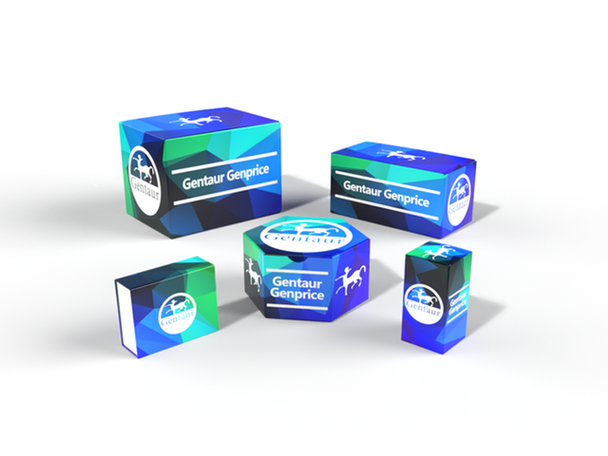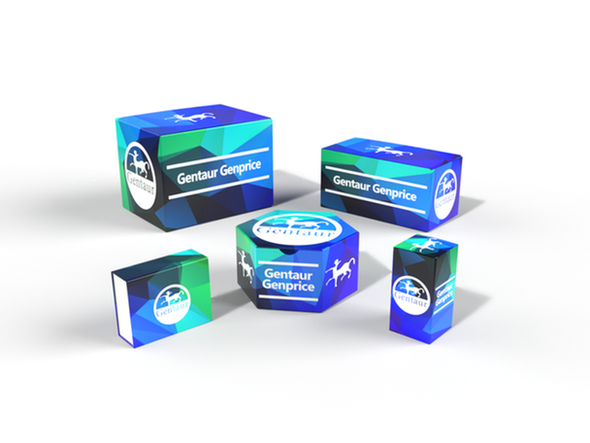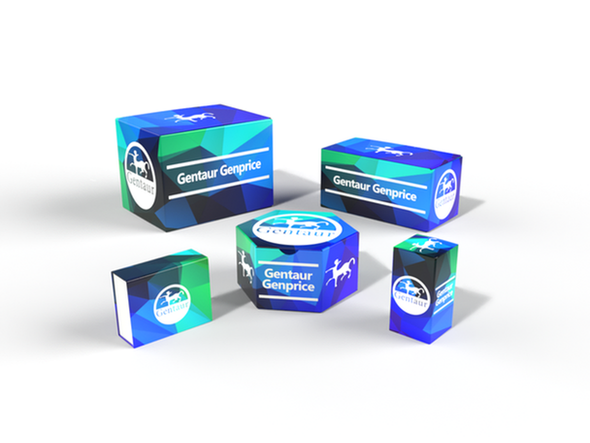Description
ACCN4 Antibody | 58-541 | Gentaur UK, US & Europe Distribution
Host: Rabbit
Reactivity: Human
Homology: N/A
Immunogen: This ACCN4 antibody is generated from rabbits immunized with a KLH conjugated synthetic peptide between 23-52 amino acids from the N-terminal region of human ACCN4.
Research Area: Neuroscience
Tested Application: WB
Application: For WB starting dilution is: 1:1000
Specificiy: N/A
Positive Control 1: N/A
Positive Control 2: N/A
Positive Control 3: N/A
Positive Control 4: N/A
Positive Control 5: N/A
Positive Control 6: N/A
Molecular Weight: 70 kDa
Validation: N/A
Isoform: N/A
Purification: This antibody is purified through a protein A column, followed by peptide affinity purification.
Clonality: Polyclonal
Clone: N/A
Isotype: Rabbit Ig
Conjugate: Unconjugated
Physical State: Liquid
Buffer: Supplied in PBS with 0.09% (W/V) sodium azide.
Concentration: batch dependent
Storage Condition: Store at 4˚C for three months and -20˚C, stable for up to one year. As with all antibodies care should be taken to avoid repeated freeze thaw cycles. Antibodies should not be exposed to prolonged high temperatures.
Alternate Name: Acid-sensing ion channel 4, ASIC4, Amiloride-sensitive cation channel 4, Amiloride-sensitive cation channel 4, pituitary, ASIC4, ACCN4
User Note: Optimal dilutions for each application to be determined by the researcher.
BACKGROUND: This gene belongs to the superfamily of acid-sensing ion channels, which are proton-gated, amiloride-sensitive sodium channels. These channels have been implicated in synaptic transmission, pain perception as well as mechanoperception. This gene is predominantly expressed in the pituitary gland, and was considered a candidate for paroxysmal dystonic choreoathetosis (PDC) , a movement disorder, however, no correlation was found between mutations in this gene and PDC. Alternative splicing at this locus results in two transcript variants encoding different isoforms.






